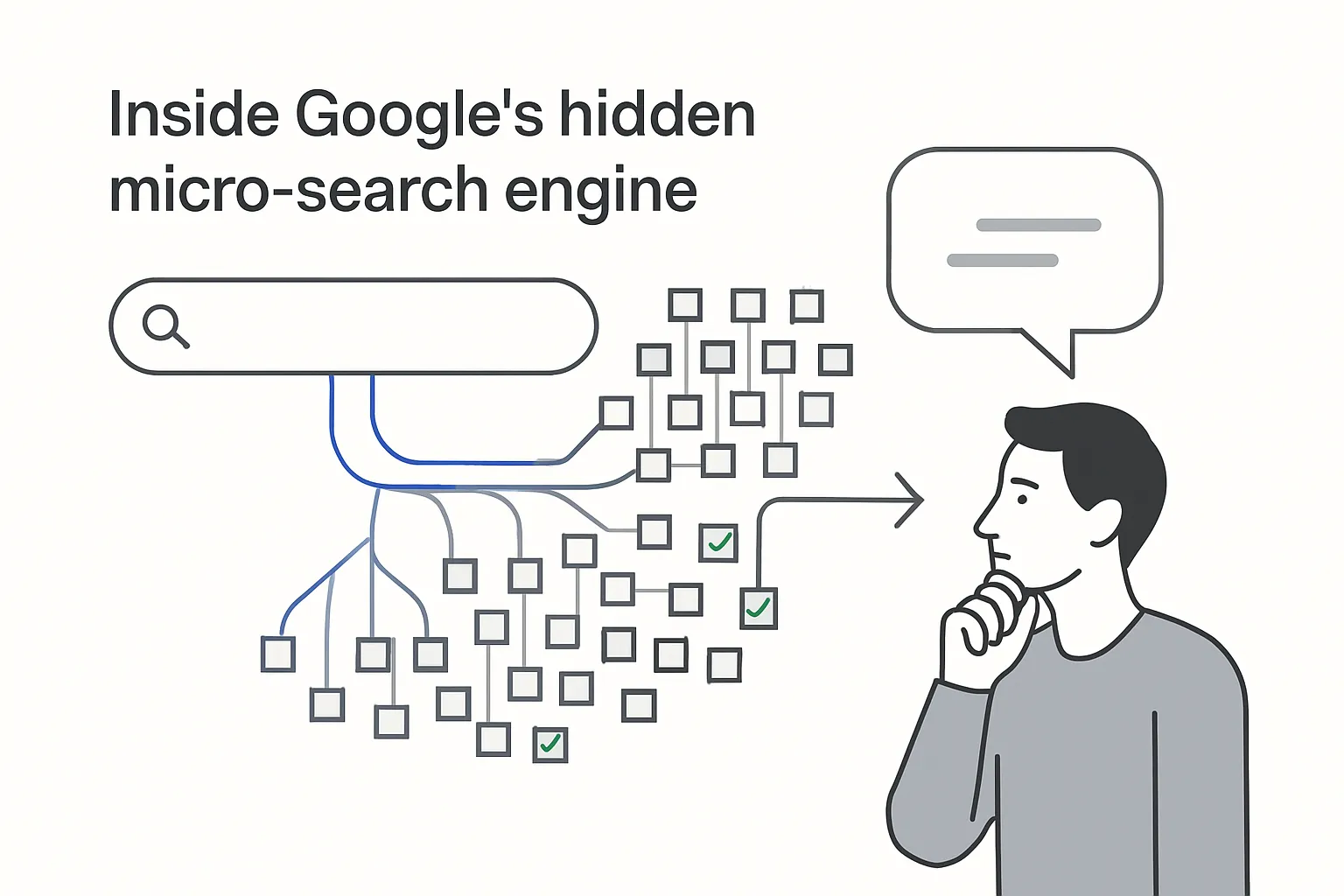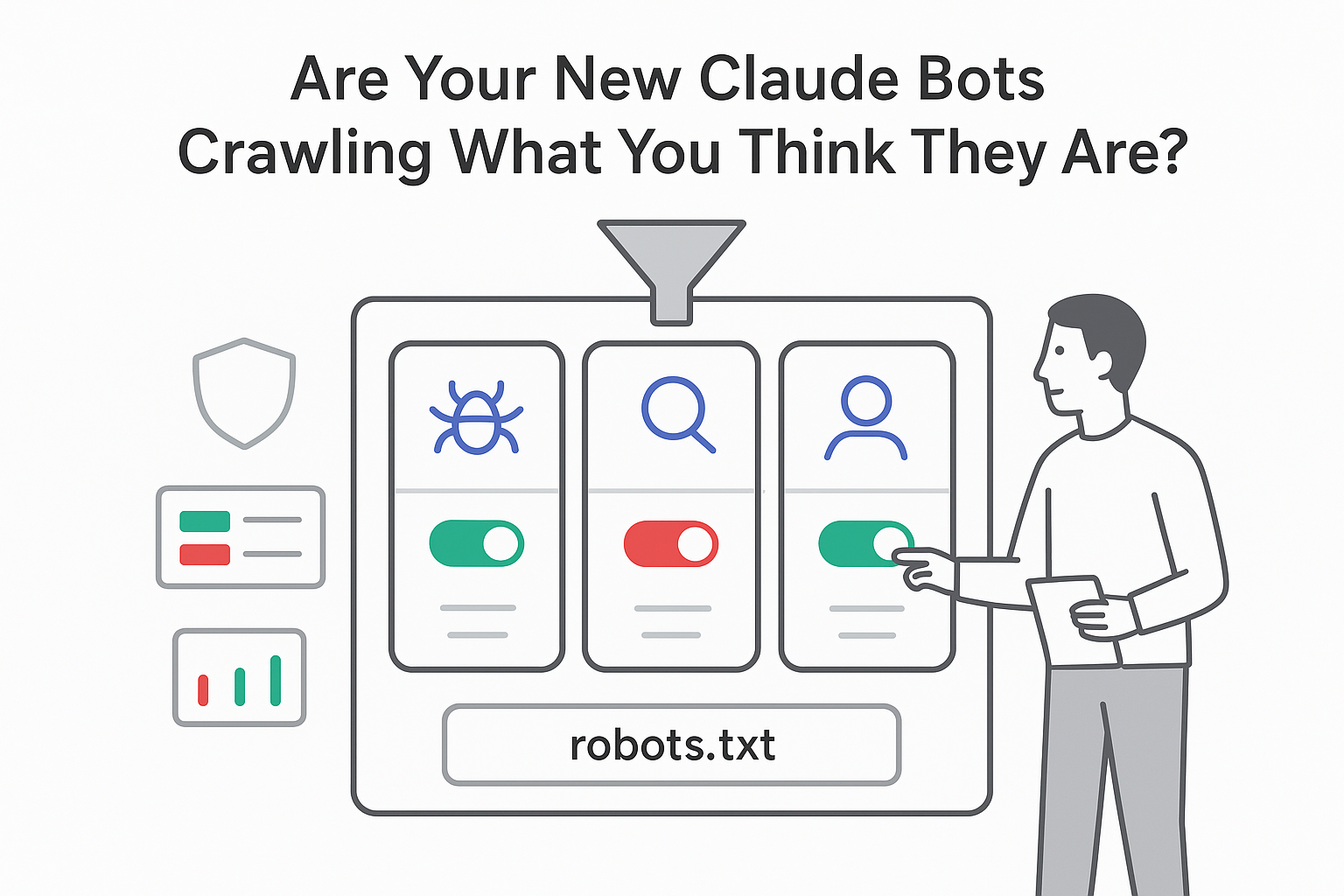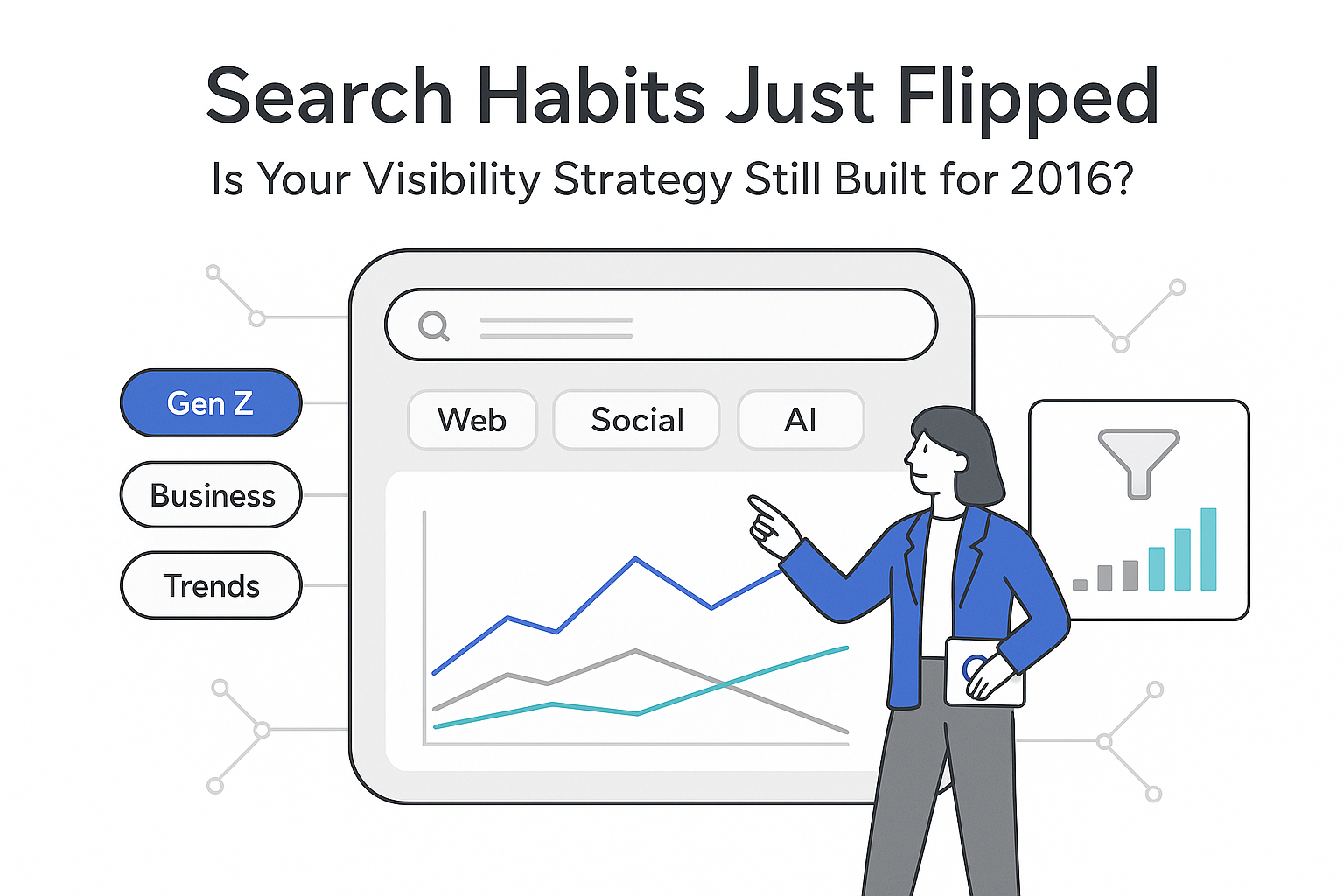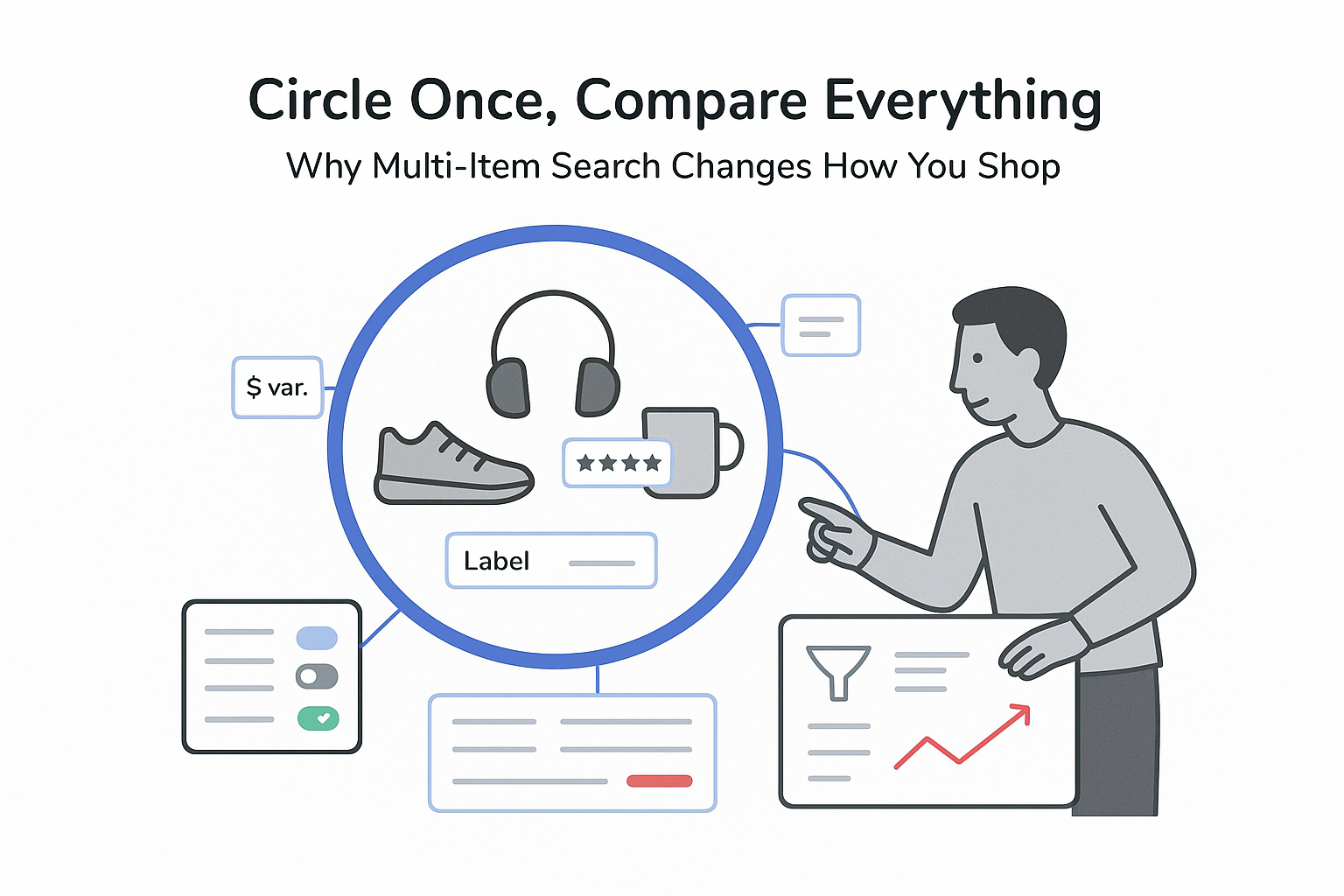Google has shed light on the technical heart of its AI Mode in Search. In an interview published on 15 July 2025, Robby Stein, VP of Product for Search, explained that the feature relies on a "query fan-out" technique that rewrites a user's request into multiple related searches, gathers results from Google's index and specialised data sets, and returns a single synthesised answer.
How query fan-out works
Stein broke down the method as follows:
- A large language model reformulates the original query into several narrower prompts.
- The system submits those prompts to Google Search, tapping both the core index and vertical resources such as the shopping catalog (updated roughly two billion times per hour) and Google Finance.
- Results are clustered and summarised before being displayed inside Search.
AI Mode, Deep Search, and some AI Overview results all employ the workflow. A request like "things to do in Nashville with a group" can spawn searches about restaurants, bars, and child-friendly events. Deep Search may run dozens or even hundreds of sub-queries and can take several minutes to compute.
According to Stein, AI-powered search features that rely on query fan-out now reach roughly 1.5 billion users every month.
Rollout timeline
Google first previewed AI Mode - then called Search Generative Experience - in May 2023 and has since expanded availability to the United States, India, and other markets. Deep Search arrived in October 2023 for questions that demand extended reasoning or specialist data.
Patent connection
A December 2024 Google patent describes a "thematic search" framework that breaks a query into subtopics, groups the findings, and produces a combined summary with large language models. Stein did not name the patent but his explanation mirrors the documented workflow.
Why it matters
The disclosure offers rare insight into how Google is weaving generative AI into its flagship product and signals how far the company has progressed toward fully integrating large language models into everyday search experiences.







.svg)